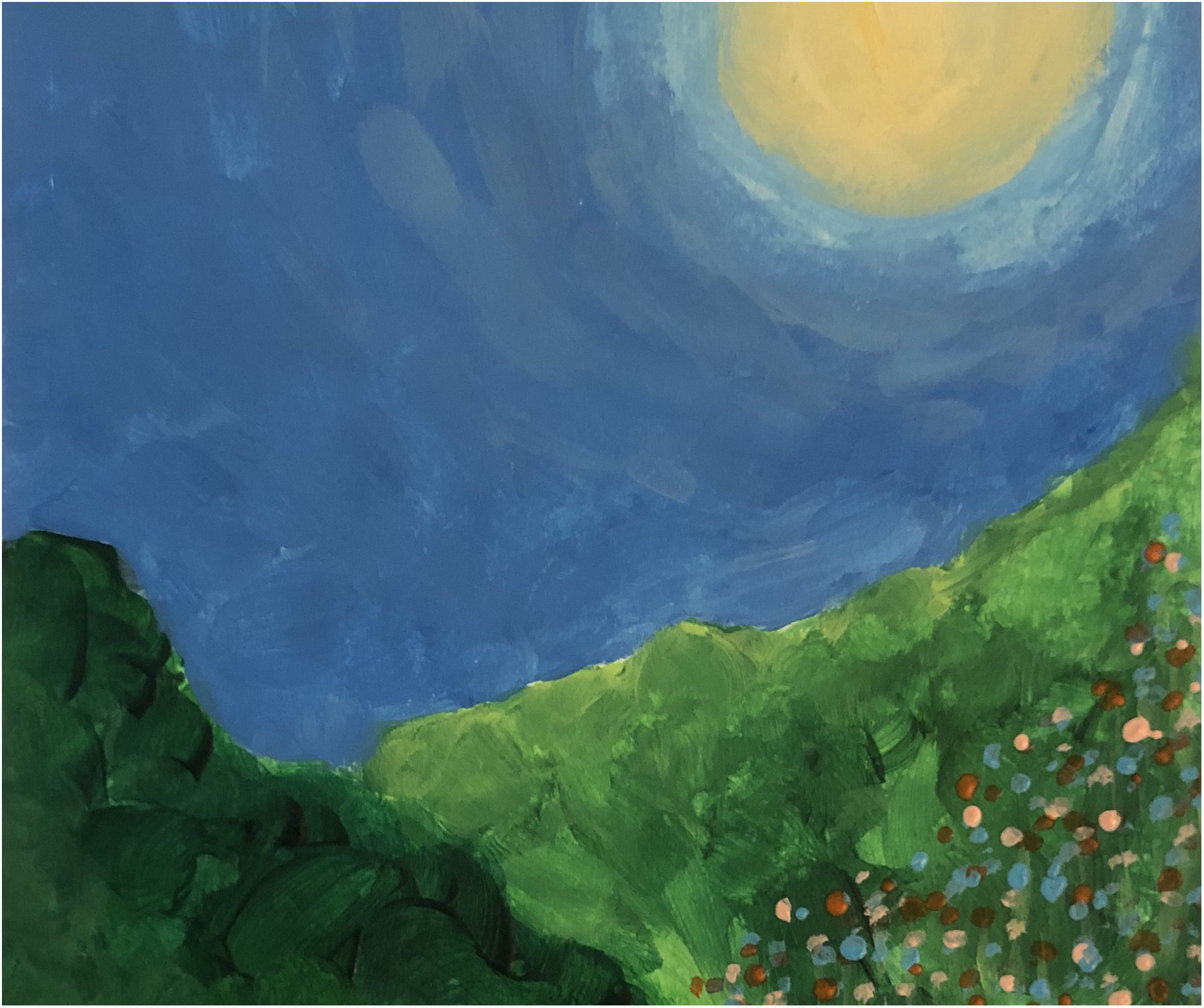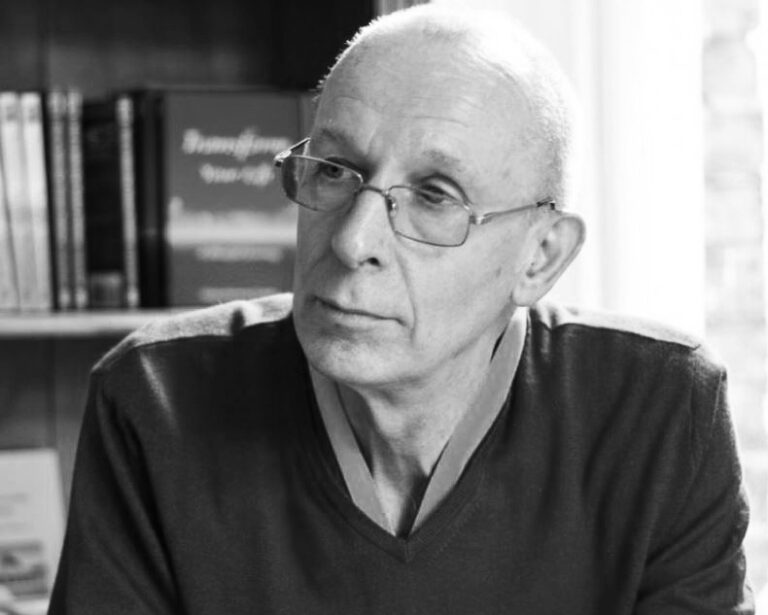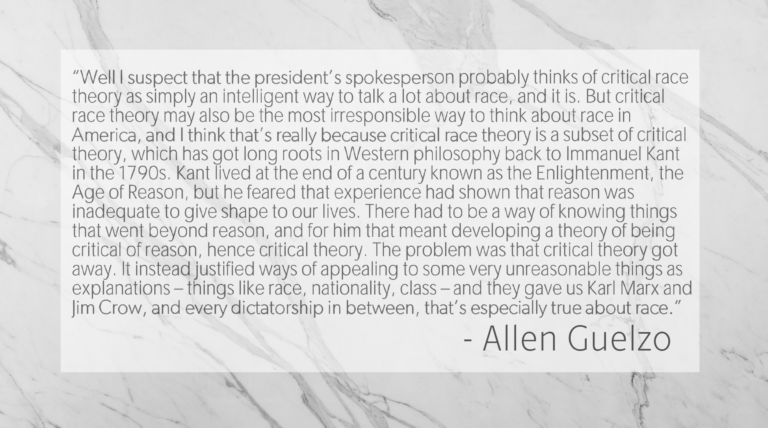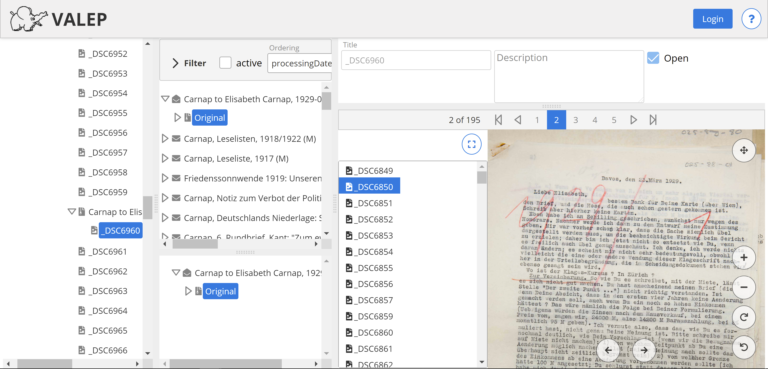Some students learn only that they can question what is typically taken for granted, but even that little bit of knowledge can be be transformative in how they see things. Other students learn some of the philosophical tools that allow them to have confidence in their questioning, giving them a power over how they understand the world and conceive of their role in it.

Today, I’ve launched a small fundraiser to support Wisdom’s Edge. It’s via Facebook, as Meta is providing some matching funds for donations. Wisdom’s Edge is still in its early stages, and every little bit of funding will make a difference to what it can do. Please consider making a donation today to help. You can donate here. Thank you.
These are ways of describing how philosophy can enhance an aspect of one’s autonomy. Rather than just uncritically accept the beliefs and judgments handed to us by our families, friends, communities, institutions, and cultures, we can, to varying degrees, examine them to learn what they mean and imply, we can assess the extent and directions of their biases, and we can judge whether it makes sense to keep them or change them.
One participant in a Wisdom’s Edge session said of Dr. Stone:
One way philosophy professors try to interest new students in philosophy is by appealling to the idea that philosophy can help them be more independent thinkers, to take control over or responsibility for their own thoughts, to have more of a say in what they believe.
And that is one of the reasons I support Wisdom’s Edge. Wisdom’s Edge is a small non-profit run by Sophia Stone (associate professor of philosophy at Lynn University) that brings opportunities for doing philosophy to those who don’t normally have them. These include homeless people, people in prison, people living in shelters after fleeing domestic abuse, and others. Many of those Wisdom’s Edge helps have had their autonomy compromised in various ways. Philosophy cannot eliminate all of the challenges they face, but it can offer them some help in developing an important aspect of their autonomy.
If this is foreign to you, it may be because you’ve been lucky enough in your upbringing to have never needed a philosophy class to see just how much of the world, and much of our thinking, doesn’t have to be the way that it is—that we don’t have to accept what’s normal and expected just because it’s normal and expected. But not everyone is so lucky.
She teaches us about philosophy so we can see the world from a different perspective, to unearth hidden beauty, and to find new ways of being. In the class we learn how to embrace wonder, face regrets and sustain hope.
[Zola Weinberg, “Landscape November 2021” (detail)]
Finding “new ways of being” seems like it could be valuable to many people, but perhaps especially so to those Wisdom’s Edge focuses on serving.





